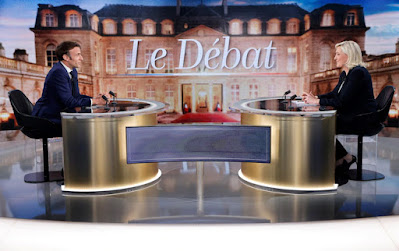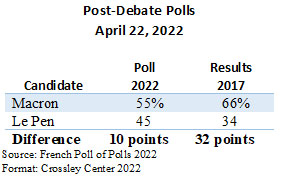The Chinese Consul-General in Los Angeles responded to the April 12 column of former Prime Minister Shinzo Abe in a clearly authorized (and probably drafted) Foreign Ministry letter to the editor. It contained all the basic arguments China’s uses for their policy of return of Taiwan to China.
 |
| Prime Minister Shinzo Abe of Japan (L) and President Xi Jinping of China during a meeting at the Great Hall of People, Nov. 2014 | Kim Kyung-Hoon/Reuters |
But, it’s China’s stated ambitions and aggressive action the last decade that has enhanced Taiwan to near existential importance. If China intends on being the dominant power in the Indo-Pacific, then Taiwan may be the most important asset for both sides. Of course, its close ally, Russia, has just heightened concern that most of the current deterrence assumptions may fail.
If and when Ukraine fades in attention, expect Taiwan and China front and center with much more aggressive security and deterrence concepts.
Read The Buzz: Will the U.S. and Japan Step-up for Taiwan?









































